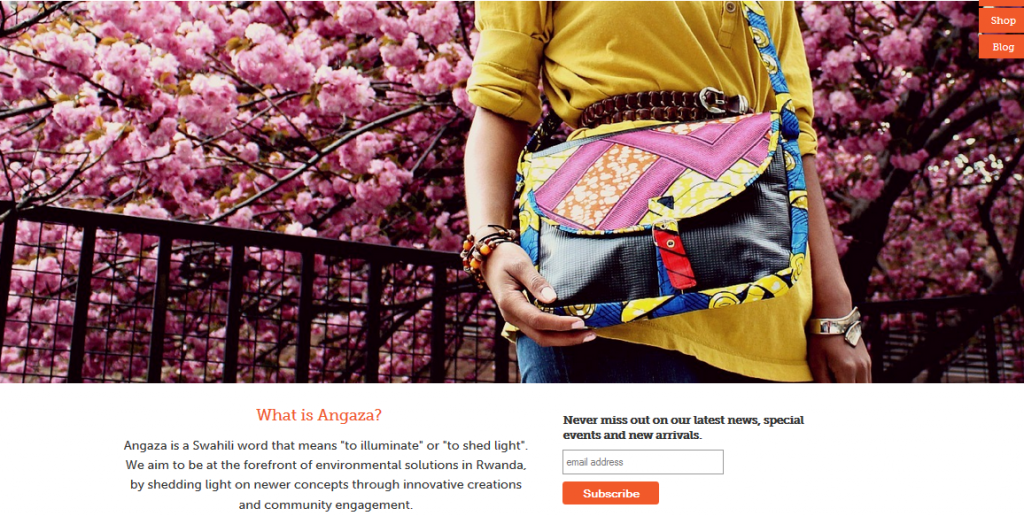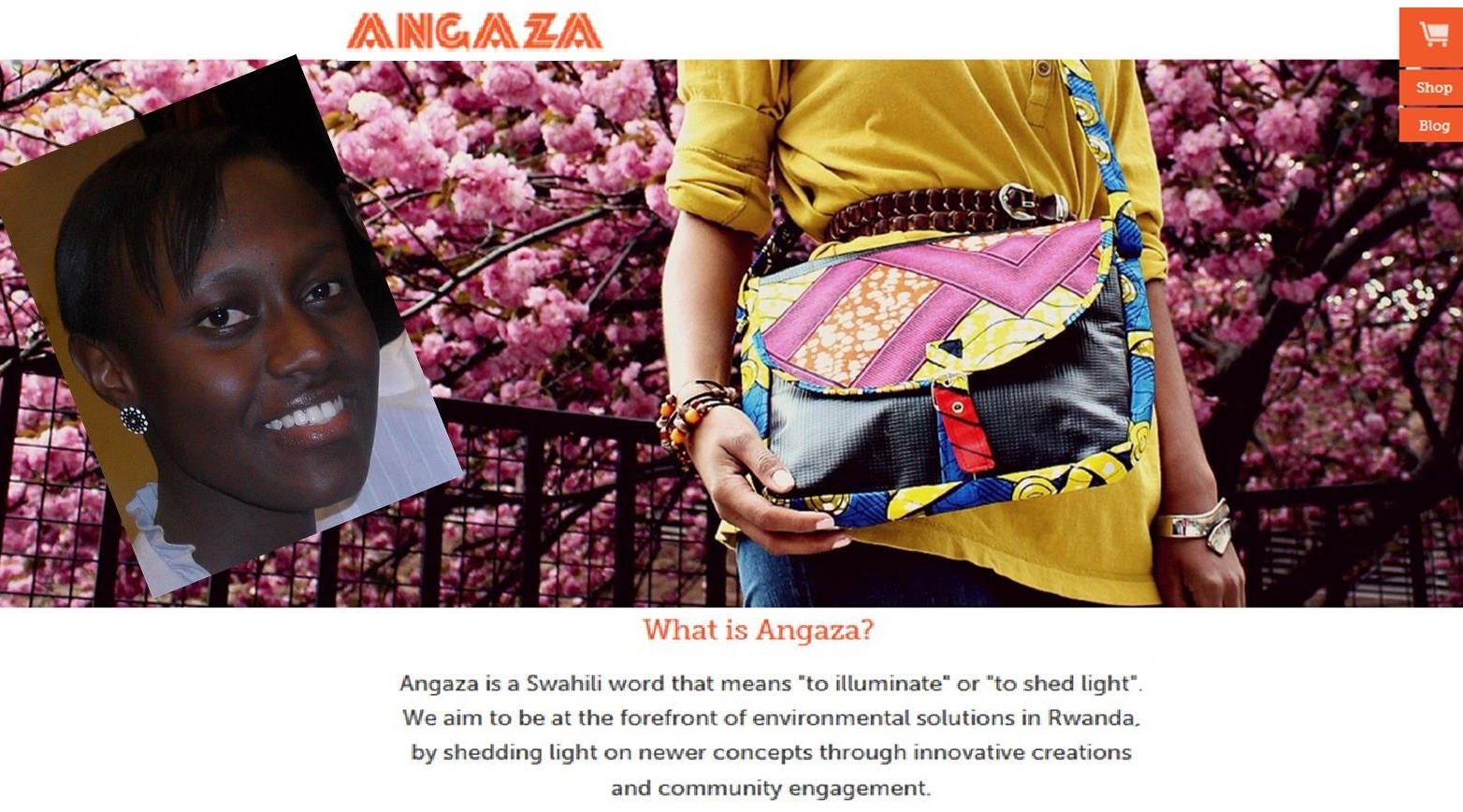Mankind is a very creative species, turning one form of a product into a more useful product. This is the basic definition of technology, to which we owe all our modern conveniences in life. But in our path to rising as the most creative species on Earth, we leave behind a long and massive trail of waste. Some of which, are not biodegradable and cause harm to the eco-system. Talk about air pollution, water pollution, land pollution and I can bet you can find man-made waste in the space.
Well, they always say that technology will be the demise of humankind. While this remains to be a conspiracy theory, as far as I am concerned. But one thing I do know for sure, at the rate at which mankind is dishing out waste into the environment. If left unchecked, this will be the end of humankind, no need for a conspiracy theory here; just facts. You can prove this for yourself by looking around you, and see just how much wasted you and people around your produce.
In communities living in parts of the world where recycling has become mainstream, then the future seems bright. But for communities living in parts of the world where recycling is just another fancy word you see on the back of electronic products, then there is cause for alarm. Be that as it may, today we bring you the story of a young Rwandese entrepreneur who is turning waste into valuable products. She started a company that collects wastes around Kigali, Rwanda and turns them into various fashion wear and other products. Here is what she had to share with you.
Tell us about yourself
 My name is Maria Mayanja, and I’m a Co-Founder and Creative Director at Angaza. I started the company in 2012 while in college. I am currently pursuing a degree in Water and Environmental Engineering. At Angaza, I design the products and the company strategy.
My name is Maria Mayanja, and I’m a Co-Founder and Creative Director at Angaza. I started the company in 2012 while in college. I am currently pursuing a degree in Water and Environmental Engineering. At Angaza, I design the products and the company strategy.
Tell us more about Angaza Ltd and what motivated you to launch this company.
Angaza was born out of a passion for conserving the environment and engaging people in doing this. I believed that the younger generation would be the best ambassadors to drive the change. We owe it to the future generations of Rwanda to use our resources prudently.
You both believe that ecopreneurship is a key driver of change in Rwanda. Why do you believe this?
Rwanda is a small country with the highest population density in Africa. The population is expected to more than double in the next 30 years. Population pressure puts a strain on natural resources, of which we have few. The areas of water supply, clean energy, and proper waste management among others all offer opportunities for Rwandans to come up with solutions to these problems and bring these services nearer to the people.

This opens up doors to more change-driven entrepreneurs to create employment opportunities thereby providing development coupled with sustainability. This is what Rwanda wants to achieve through the Green Growth Strategy.

Screenshot: AngazaRwanda.com
Besides your creations, what else are you doing to promote a Green Economy in Rwanda?
It is something that catapulted us into doing our creations and that we’d like to go back to. Environmental education outreaches in schools. One of my icons, the Late Dr. Wangari Maathai said:
“You cannot protect the environment unless you empower people, you inform them and you help them understand that these resources are their own, that they must protect them”.
We cannot come up with solutions to problems that we do not understand and hence the essence of instilling sustainable practices in people, more especially the younger generation who still have the capacity to make necessary changes.
What are the most important things you have learned from your current work?
To be audacious and to be patient. As an entrepreneur, one will face many opposing remarks to their business, but one must learn to be bold enough to stick it out to the end. Along the road, many obstacles are going to come into play and goals may take a while longer to achieve than initially thought of, so patience is one of the traits one has to exercise.
What is your career advice to college students studying technology?
Start thinking of how what you are learning can be used to solve a real-life problem NOW instead of waiting till you graduate to get into it. It is about time we look beyond the classrooms, especially for African students.



